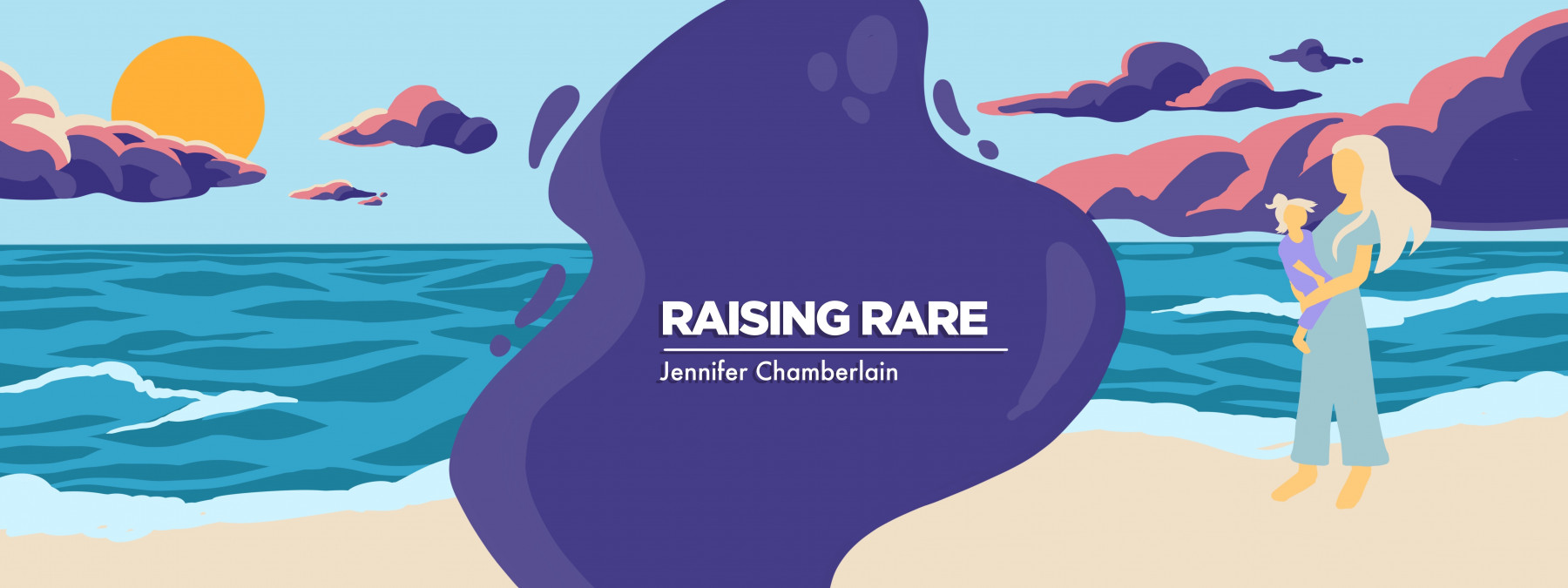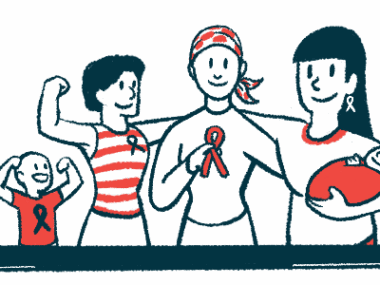Applying to Make-A-Wish has me thinking about CF life expectancy
A mother makes a difficult decision about whether to seek a gift for her daughter
Written by |

The thought of having a critically ill child never crossed my mind until it actually happened. I’d hear or see stories about sick children fighting for their lives on television commercials and social media, but I never imagined I’d be that parent.
So it was surreal when my 4-year-old daughter, Claire, was diagnosed with cystic fibrosis (CF). The thought that my time with her might be limited doesn’t necessarily haunt me all day, every day, but it’s always there in the back of my mind.
Every parent processes CF’s shorter-than-average life expectancy in a different way. I’ve never been one to dwell on the numbers, as I have faith in drug developments and research. Still, I was faced with Claire’s mortality this year when the Make-A-Wish Foundation announced that, beginning in January, children with CF will no longer automatically qualify for a wish. The nonprofit based its decision on the improved outcomes for those living with cystic fibrosis.
Our social worker explained that if we wanted Claire to automatically qualify, we’d need to apply soon. Many emotions weighed on me as I considered whether to go through the application process.
Conflicted thoughts
My initial response was a hard no. I think that knee-jerk reaction stemmed from my preconceived notion that Make-A-Wish served only dying children. It’s a fantastic organization, but the invitation to apply illuminated the gravity of our situation. If Claire received her wish, would that mean she’d die young? Or that I was accepting a shorter life expectancy?
My bigger concern, however, was whether Claire was sick enough. We’ve been fortunate since her rough start in the neonatal intensive care unit. I often consider Claire healthy, even though we do a lot of work to keep her that way. Would our application take away a wish from another child who needed it more?
Our social worker encouraged us to start the process so we could learn more and make an informed decision.
During our first interaction with the foundation, I was candid that I wasn’t sure a wish was right for us. I felt deeply that I didn’t want the granting of Claire’s wish to impair anyone else’s ability to receive one. The wish granter I spoke with assured me that wouldn’t be the case. She also shared something powerful about Make-A-Wish that I’d never known.
The deciding factor
Make-A-Wish was created not only for terminally ill children, but also for chronically or critically ill kids. That’s because chronically ill children endure so much compared with their healthy peers. They miss out on a lot and deserve to feel special.
Children with CF go through a great deal every single day. Even if their health is stable, their lives are often filled with doctor appointments and treatments that consume their days. A wish allows a child and their family to forget about the heaviness of the disease for a while and create special memories that don’t revolve around illness.
Wish granters work to understand a child’s interests to plan a unique and once-in-a-lifetime experience for them. While we can never fully escape the burdens of cystic fibrosis, Make-A-Wish can make Claire feel special in a way our family probably can’t do alone.
I’ve talked to many other parents and even adults living with CF about their decision to pursue a wish. It’s a deeply personal and nuanced choice, but I feel comfortable and excited as we begin the process. I can’t wait to see Claire’s wish come true.
Note: Cystic Fibrosis News Today is strictly a news and information website about the disease. It does not provide medical advice, diagnosis, or treatment. This content is not intended to be a substitute for professional medical advice, diagnosis, or treatment. Always seek the advice of your physician or other qualified health provider with any questions you may have regarding a medical condition. Never disregard professional medical advice or delay in seeking it because of something you have read on this website. The opinions expressed in this column are not those of Cystic Fibrosis News Today or its parent company, Bionews, and are intended to spark discussion about issues pertaining to cystic fibrosis.








Leave a comment
Fill in the required fields to post. Your email address will not be published.